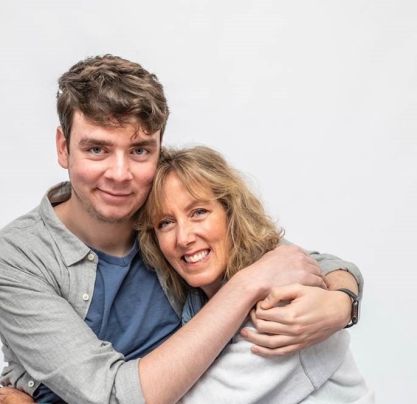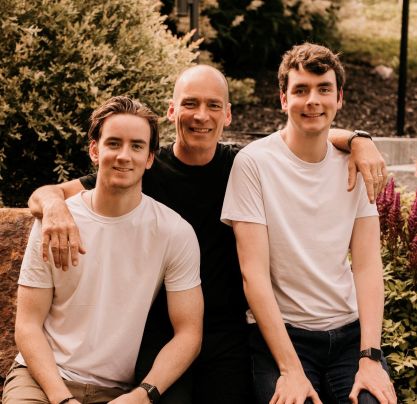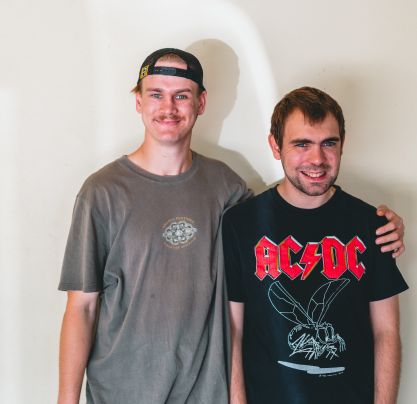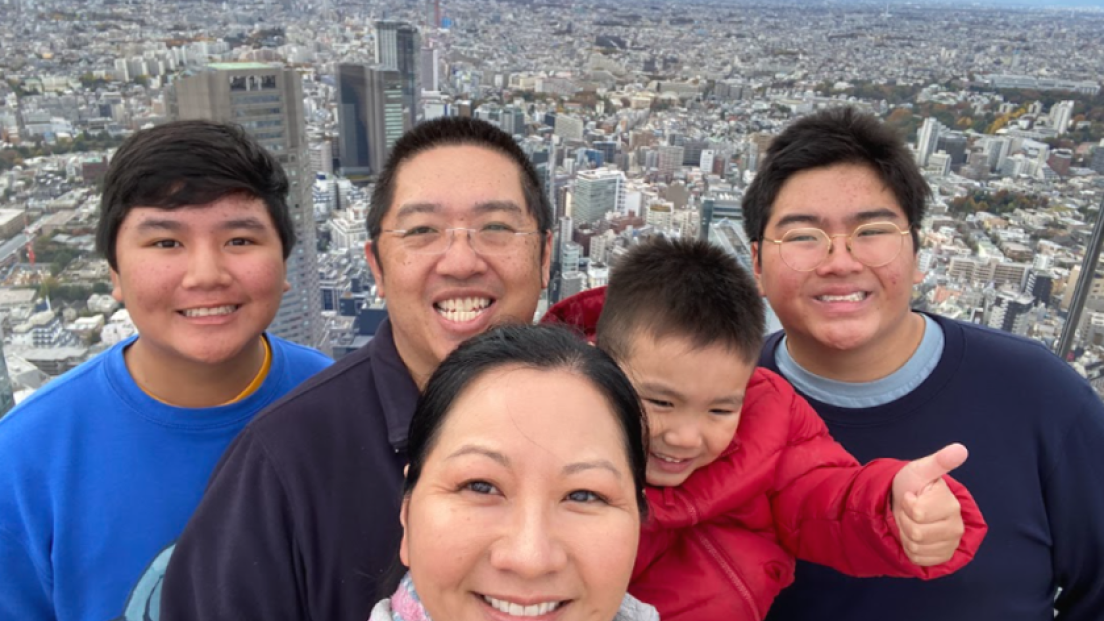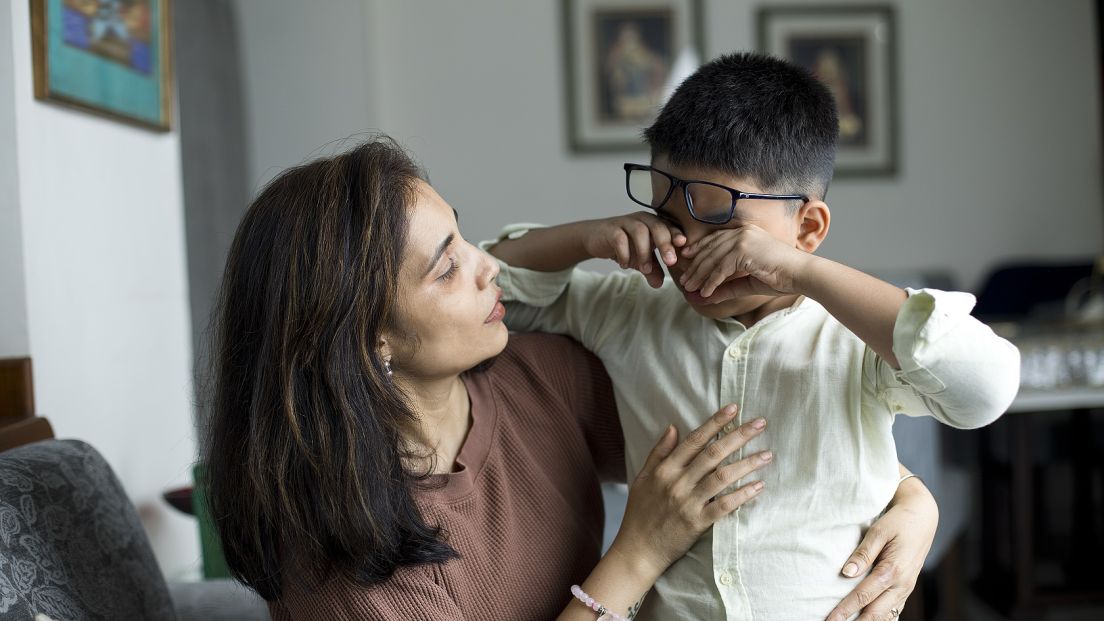To mark National Carers Week 2025, this blog post brings together the voices of carers who share their know-how and what they’d tell their “past selves” if they could go back to the start of their caring journeys. Their stories show that while caring isn’t always easy, it can lead to some of life’s most meaningful and rewarding moments.
You’ll get there – one step at a time
Mel Carrier, mother of Liam:
"I knew when our son was diagnosed over 20+ years ago, at the age of 2, that it would be a challenging ride since there were not many resources at the time … but in the end it has been the most rewarding journey. I always felt I would have lows but the highs were unbelievable. We were told he wouldn’t show emotions or speak … so the love and hugs we received were golden and then came full sentences. As a family we truly learned to appreciate the little things … since he needed more time and support to learn the basic skills. He later graduated high school, learned to drive and now holds a full-time job.
I would also say be kind to yourself and don’t forget to spend time with your husband and other children. Take breaks too … since you’ll only be good for others if you can be kind to yourself."
Finding grace in the caring journey
Richard Peake, father of Liam:
“What I wish I knew is that being a carer isn’t about doing everything right, it’s about showing up, learning, finding grace and being grateful for the small moments that add up.
The journey hasn’t always been easy, but it’s been deeply fulfilling and it has changed me in all the best ways.
As we recognise National Carers Week 2025, I’m grateful for every carer walking this path, showing up with love, courage, patience, and heart every day."
Be a myth buster
Sean Pickering, brother of Joshua:
“As a carer for my older Autistic brother, who lives out of home with roommates and a team of support workers who assist with everyday activities, I wish that more organisations provided their staff with proper training about autism. This would help staff better understand Autistic people and what autism really means.
Although Joshua needed more attention as a child, my parents always made sure we were treated equally and I truly believe that’s the key to a strong family. He’s taught us so many valuable lessons: to be patient, to stay supportive in every situation, and to care deeply for others.
If I could tell my younger self one thing, it would be to cherish every moment the good and the challenging because the growth and resilience Joshua has shown over the years is truly a different brilliant.
I will forever do my best to love and celebrate all of Joshua’s differences. I couldn’t be more grateful to have him as my older brother."
Caring for carers – new podcast episode
In our latest a different brilliant® podcast episode, host, Madeleine Jaine Lobsey chats with CEO of Different Journeys, Mel Spencer OAM about the key challenges and barriers carers face, the supports available, and what can be done to help carers of Autistic people balance their caregiving responsibilities with their own wellbeing, personal goals and community participation.
Snippets of wisdom from Mel Spencer
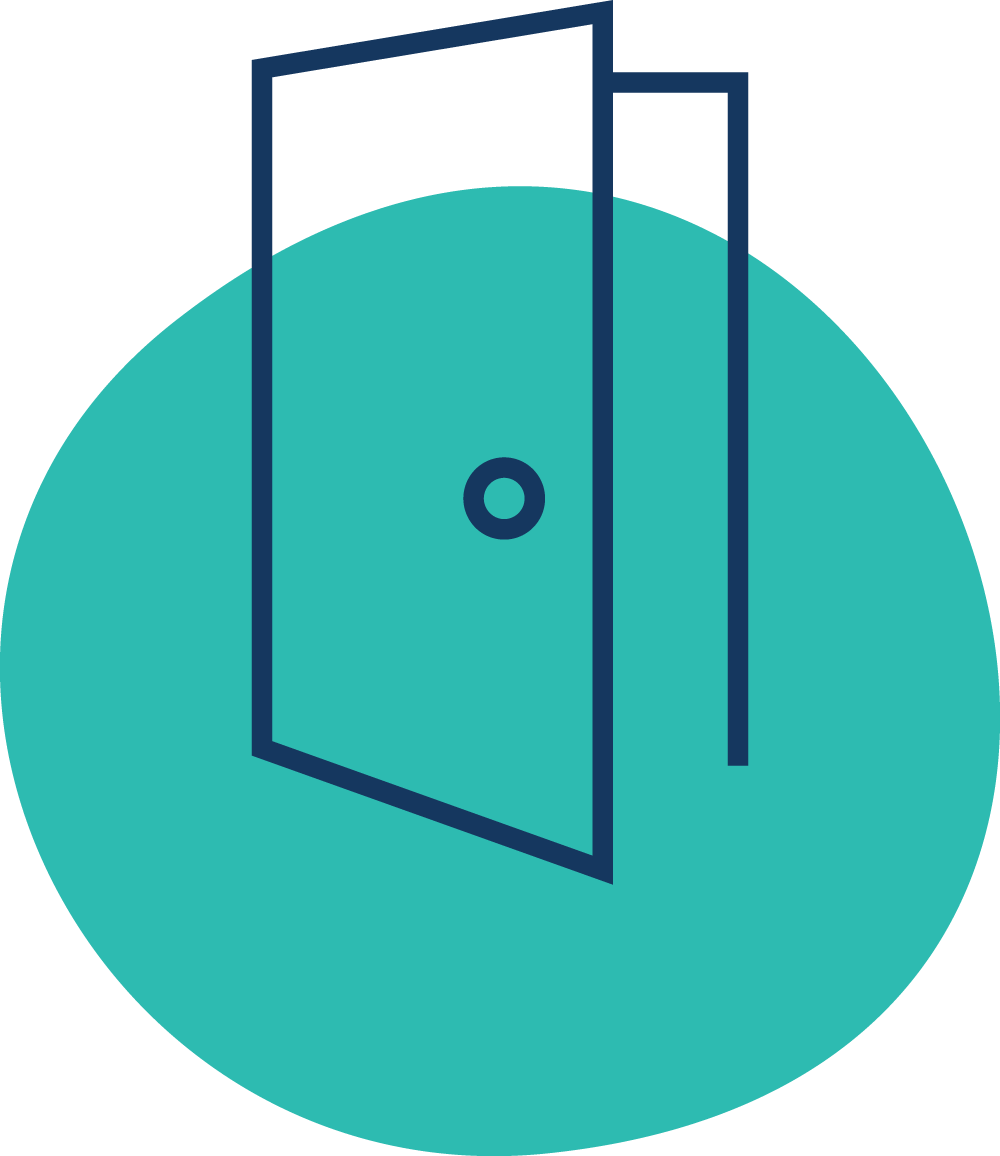
Identifying as a carer can open doors
You may be both a parent/sibling/friend and a carer. It’s not about labelling the person in your care, but about recognising the extra responsibilities you take on like navigating services, managing appointments, advocating at schools and dealing with endless forms. Identifying as a carer opens doors to support you may not otherwise access.

You are not alone
At first, becoming a carer can feel isolating, like no one else understands. But there are support groups, both online and in person, filled with people who “get it.” It may take time to find the right community, but connection makes a world of difference.
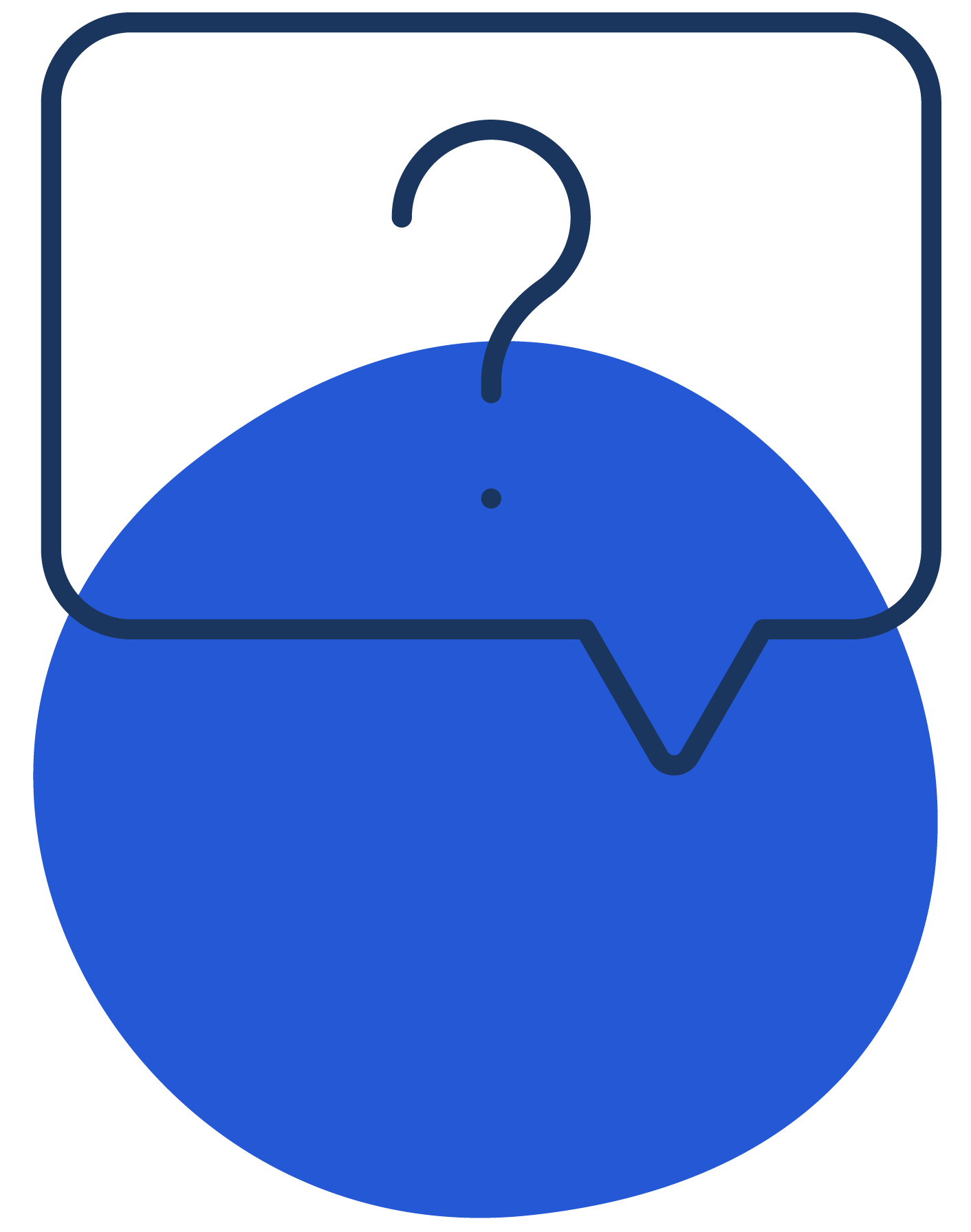
Ask for help – and accept it
This can be a difficult lesson. There is free counselling through Carer Gateway, packages for short-term support, and even practical help like domestic assistance or tutoring for young carers. Outsourcing isn’t weakness; it’s survival.
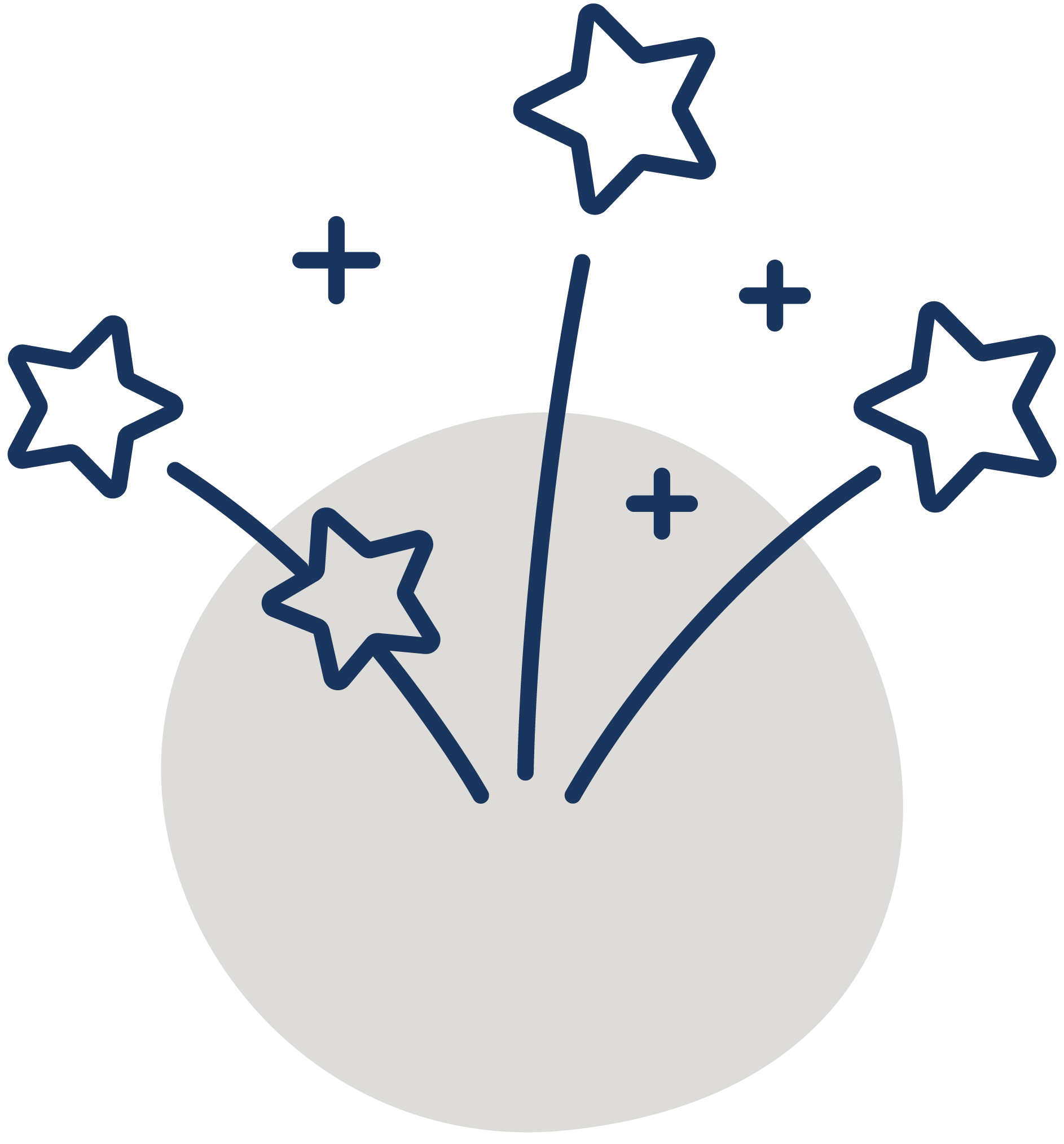
Give yourself permission
Permission to rest. Permission to celebrate small wins, like getting the kids to school or cooking a simple meal. Permission to say no. Carers often push themselves past breaking point – remember, if you combust, the whole family feels it.
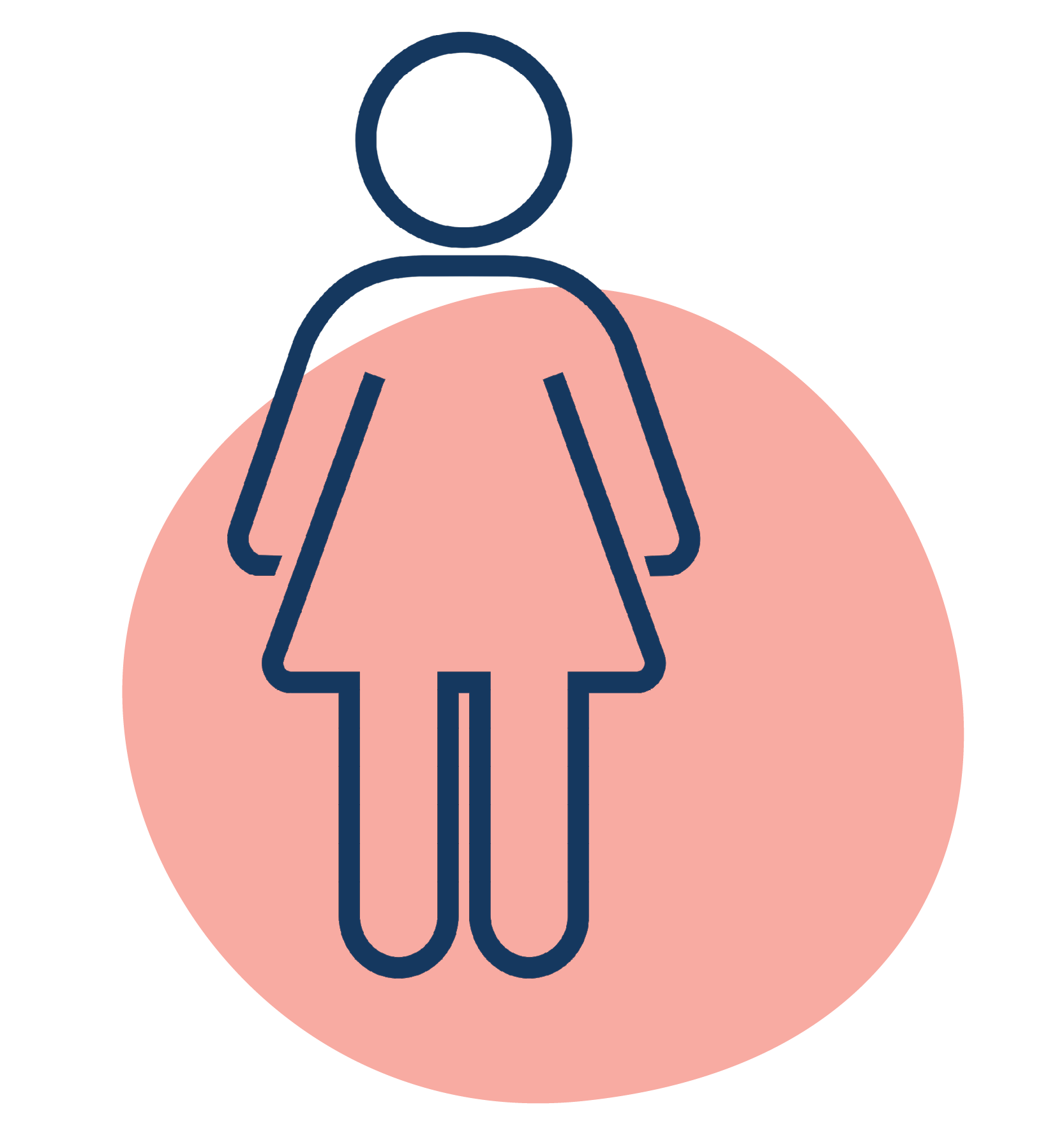
Remember who you are
Being a carer is part of your identity, but not all of it. You’re still a friend, a reader, a partner, a dreamer. Hold onto those parts of yourself – they matter.
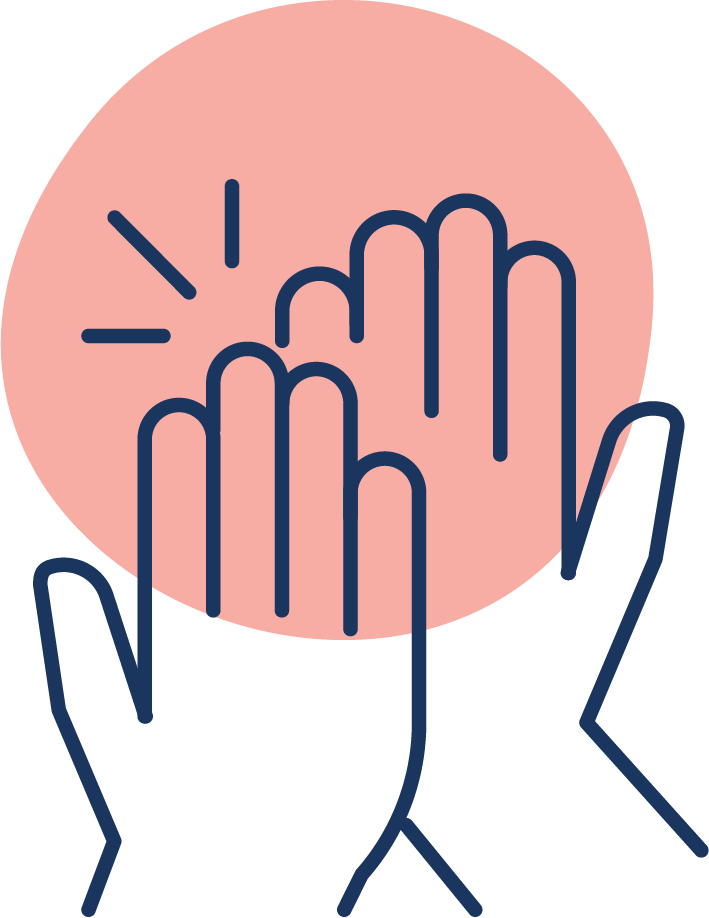
Find role models
Connecting with other Autistic adults and experienced carers gives hope. Seeing what’s possible helps you picture a brighter future, both for yourself and your child.
We acknowledge the vital role that carers play in supporting the wellbeing and inclusion of Autistic people. Your insights remind us that while caregiving can present significant challenges, it also offers opportunities for learning, purpose and transformation.


